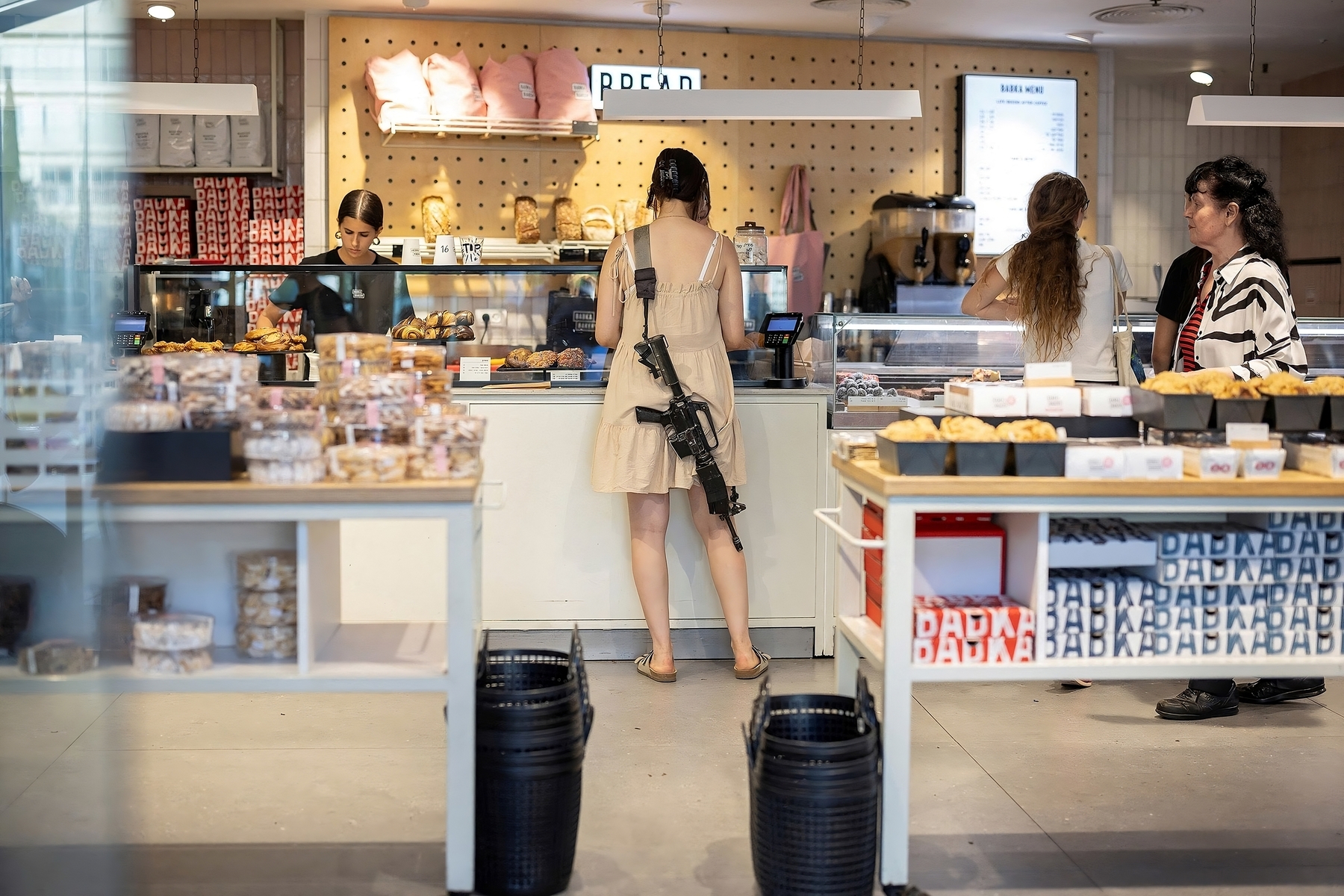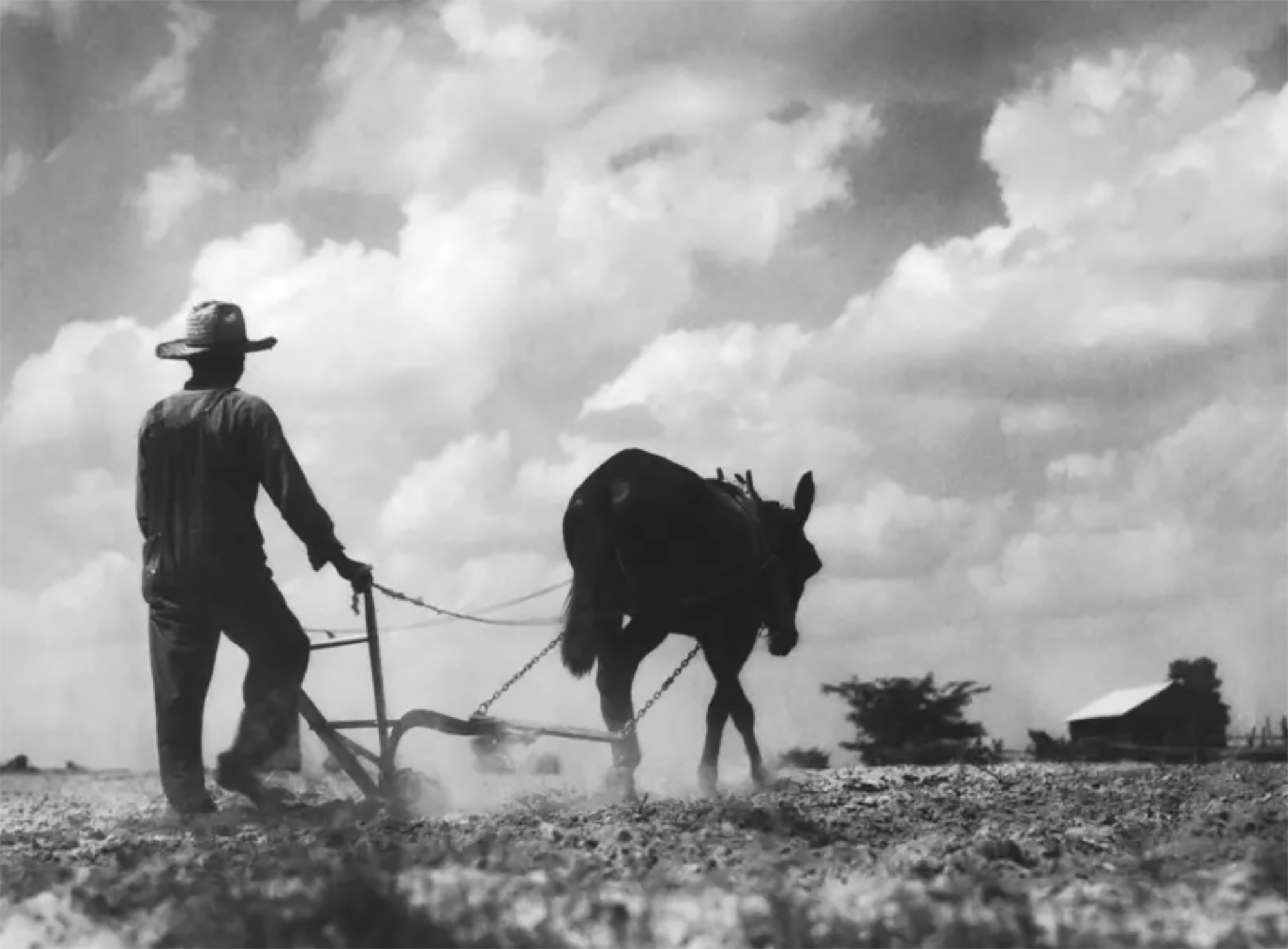Guacamole sauce between the USA and Mexico
- Last Sunday, Americans celebrated one of their main sporting events, the Super Bowl. While the new U.S. government led by Donald Trump is spreading mistrust of Mexico, one of the most consumed appetites during the American football match was the Mexican guacamole. Few will know, however, that in recent days, a hundred tons of avocados, which were carried in five trucks from the Mexican state of Jalisco, were intercepted at the U.S. border.

Mexico produces about 1.5 million tons of avocados per year, and in 2016, 62% of the country’s avocado production was exported to the United States. Mexican avocado producers sold 16 times more in the U.S. than California’s former dominant producers. Avocado has led the growth of the sale of Mexican vegetables and fruits in the northern country, which in twenty years has gone from 3,000 million dollars to 20 billion dollars.
The free trade agreement between the United States and Mexico came into force in 1994. But because of the dangerous worms, until 1997 it was forbidden to import avocado into the United States. Journalist Andy Robinson in his article Guacamole War for La Vanguardia says that in a famous campaign of American football players, several recipes for guacamole were revealed. In this way, it acquired a great reputation among the sports fans of the sofa. According to the Mexican newspaper Excelsior, 35,000 tons of avocados would have been eaten in this year’s Super Bowl.

A border with a lot of traffic
The newspaper El Espectador, in its article Trump will not easily circumvent Mexico, says that the commercial exchange between the two countries has grown by 462% since 1993. Mexico sends 80% of its exports to the United States, and 50% of its exports to the southern country, which has a very close commercial relationship. Washington, however, has indicated that it will review the trade agreement and impose a 20% tariff on Mexico. He says that with this money he wants to build a fence that separates the two countries. This announcement has caused an explosion in the agri-food industry on both sides; free trade has allowed them to make great profits. This would explain the impending plan to diversify exports to China and Europe that Mexicans have announced.
It is true, according to La Vanguardian Robinson, that after two decades of the trade agreement, the poverty rate in Mexico has not decreased by 50%. But at the border they look with concern at the trucks stopped, “How is it possible that ten days before the Super Bowl you are stopping avocados at the border?” Ramón Baldosa, a waiter at a restaurant on the border, tells Robinson. Time will tell whether or not the Mexican guacamole will be in the mouths of the Americans at next year’s Super Bowl.
“Bag of resilience”, “survival manual”, “backpack of evacuations”: that’s what you can hear in the mouths of the authorities in recent weeks.
Among the declarations of the past month, the European Union has asked the population to prepare a “survival kit” to... [+]
If that's the fear. Donald Trump seems to have come to occupy Washington’s rounded office for a long time. He has a second mandate, but to his close advisers, confirming that he is not joking, he also mentions his rigid goal of changing some isolated numbers in the Constitution... [+]
Washington, D.C., June 17, 1930. The U.S. Congress passed the Tariff Act. It is also known as the Smoot-Hawley Act because it was promoted by Senator Reed Smoot and Representative Willis Hawley.
The law raised import tax limits for about 900 products by 40% to 60% in order to... [+]
Bandera amerikanoz inguratuta, muga-zergen oldarraldi berria iragarri zion munduari Donald Trumpek apirilaren 2an. Geroztik hamaika astindu jasan dituzte burtsek eta nazioarteko merkataritzak. Baina hau ez da zoro baten boxeorako ringa bakarrik: AEBetako politikan hamarkada... [+]






















